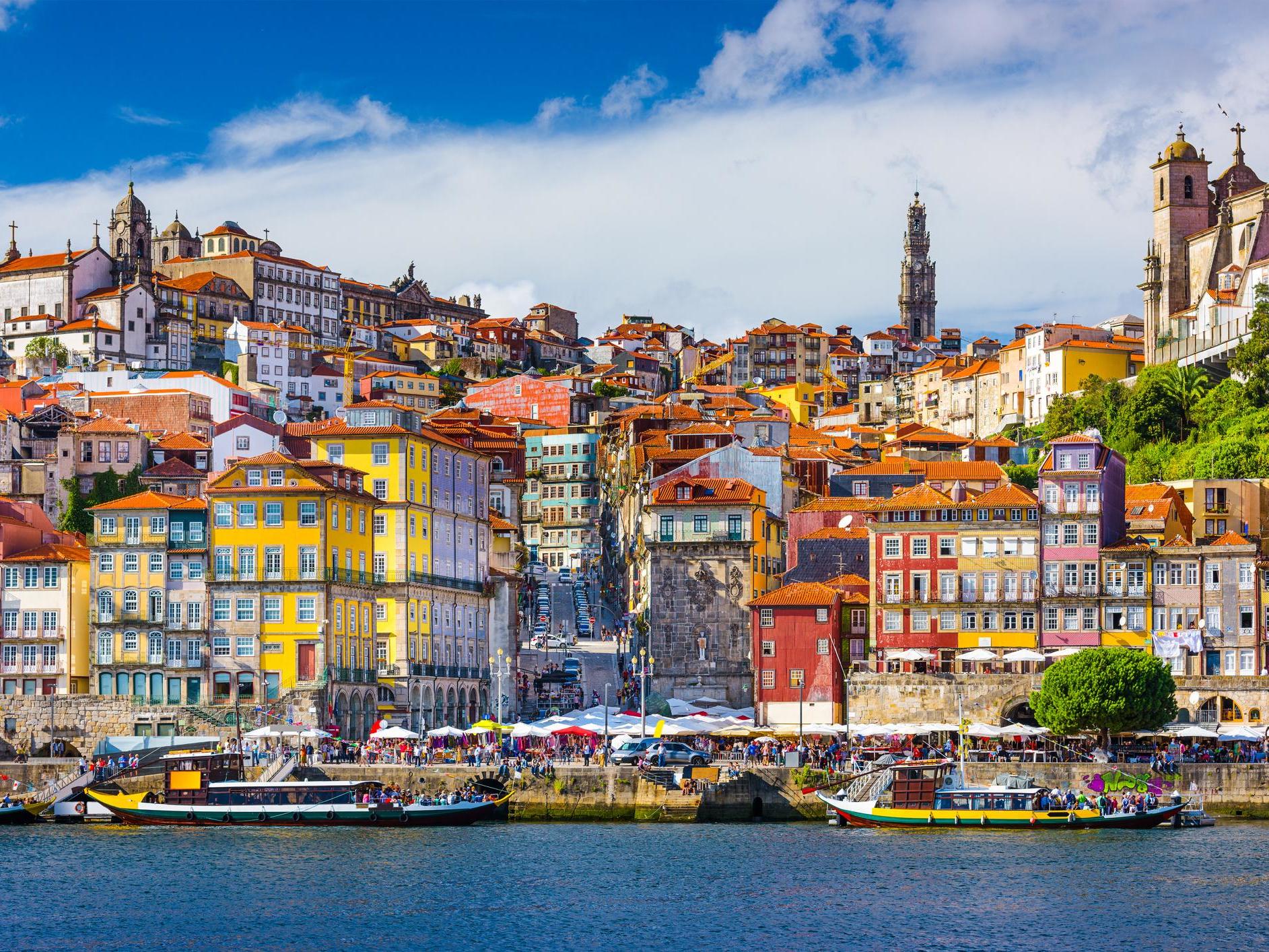Why the economies of the eurozone are bouncing back
The recovery is uneven in nature – but the big picture for the European economy is actually very positive, writes Hamish McRae


Europe is back. It is back as a travel destination for the many Britons seeking to go to the continent for holidays. That must be welcome. But the bigger point is that its economy is back, climbing towards its pre-pandemic levels.
Anyone travelling across the Channel will feel it. We all catch a sense of the level of economic activity when we travel. Are the shops busy? Is the hotel full? Is it easy to get a cab or rent a car at the airport? Until the past few weeks things have been quiet. This is not by any means just because UK holidaymakers were discouraged or banned, though that has been part of it. France told its citizens to avoid Spain or Portugal for summer holidays in response to the spike in Delta variant cases.
Travel more generally has been discouraged, and popular holiday destinations such as Mykonos, the Greek island, have suffered from outbreaks of the Covid-19 virus. It has clamped down on music and dancing and imposed a 1am curfew, leading to a string of cancellations. Normally it would attract a million visitors a year.
This highlights the uneven nature of the recovery, for there will I fear be another weak summer for many regions that rely on tourist income. But the big picture for the European economy as a whole is actually very positive. We will get second quarter GDP numbers for the eurozone this week and they will be up only a bit. But that is looking at the world through the rear-view mirror.
If you take forward-looking indicators, notably the purchasing manager indices, things are really humming. The so-called flash Purchasing Managers’ Index (PMI) for the eurozone which has just come out was 60.6 for July, the highest it has been for 21 years. (PMIs are calculated by asking companies whether they think their business is growing or declining. Anything above 50 signals growth.) In Germany it was 62.5. Services, which had been lagging, are now catching up with manufacturing. As always the picture across Europe is uneven, with Germany is doing particularly well, but the general picture is much better than seemed likely even a few weeks ago.
What has changed? Two broad things.
One is that the roll-out of vaccines in Europe has moved from a disaster to a solid success story. After the slow and fractious start at the beginning of the year Europe has caught up, and overall is only about six weeks behind the UK, less in some countries. For example in the Netherlands, 83.5 per cent of adults have had one dose and 59 per cent, two. In Ireland the figures are 81.9 per cent and 67.3 per cent, not far behind the UK at 88 per cent and 68.9 per cent. This has enabled the service industries to open up.
The other part of the story flows on from this. In some areas, notably travel, Europe is opening up faster than the UK. For example easyJet has been moving planes from the UK to Europe, notably to Scandinavia and the Netherlands to meet this switch in travel demand. It reported this week that two-thirds of bookings were coming from the rest of Europe, while normally it would be half from Britain and half from the Continent. It reckons to fly 60 per cent of its pre-pandemic capacity in the July to September quarter, and plans a number of new “winter sun” routes from the UK.
In the travel area at least, Europe is managing things better than the UK. As easyJet’s chief executive Johan Lundgren, criticising the UK traffic-light travel system said: “Green should be green. That’s the whole point of green. You should be able to travel to and from low-risk destinations that have significantly less cases of infection, where there are no variants of concern. There should not need to be any restrictions in place. That is exactly the view that many European countries have taken.”
Step back from the politics and focus on the economics. What Europe is showing is that even with somewhat lower levels of vaccination than the UK, it is possible to return to solid growth. That is ultimately good news for all. Despite all the Brexit unpleasantness, the EU remains an important market for the UK. This is not just about holidays in the sun. If the European economic recovery continues to pick up speed – and those PMI numbers suggest it will – than that helps the UK recovery. We are in this mess together and we will clamber out together too.



Join our commenting forum
Join thought-provoking conversations, follow other Independent readers and see their replies
Comments